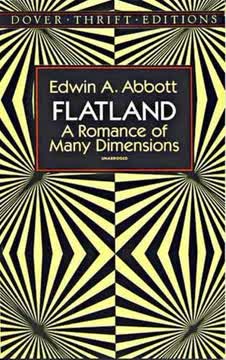Key Takeaways
1. Scotland's Unique Identity: A Blend of Independence and Union
Scotland and England share a language, a monarch (since 1603), and a parliament (since 1707), and they went through shared experiences of empire and industrial revolution. Yet many other aspects of their history have made them very different.
A complex national identity. Scotland's history is marked by a tension between independence and union with England. This duality has shaped a unique national character, where Scots can feel both distinctly Scottish and British. The country's separate institutions, including its legal system, church, and education, have preserved a strong sense of Scottish identity even within the framework of the United Kingdom.
Historical foundations of distinctiveness:
- Separate kingdom until 1603 (Union of Crowns)
- Maintained separate parliament until 1707 (Act of Union)
- Retained distinct legal system based on civil law, unlike English common law
- Preserved Presbyterian church structure, different from Anglican Church of England
- Developed unique education system, including early emphasis on universal schooling
2. The Shaping of Scottish Politics: From Medieval Kingdoms to Modern Devolution
The Reformation did not initiate schooling. There were already plenty of prestigious and long-established burgh grammar schools: for example, at Glasgow (1124) and Dundee (1239).
Evolution of governance. Scottish political structures have undergone significant changes over centuries, from independent medieval kingdoms to a part of the United Kingdom, and now to a devolved government. This journey reflects Scotland's ability to adapt while maintaining its distinct political culture.
Key political milestones:
- Wars of Independence (13th-14th centuries) establishing sovereignty
- Union of Crowns (1603) bringing Scotland and England under one monarch
- Act of Union (1707) creating a single parliament for Great Britain
- Devolution and re-establishment of Scottish Parliament (1999)
- Growing support for Scottish National Party and discussions of independence
3. Religious Reformation: The Profound Impact on Scottish Society
Scotland's reformed theology was Calvinist, a strict creed born in Geneva (Switzerland) that stressed God's power over salvation and the duties of his people in life.
Reformation as a turning point. The Protestant Reformation in Scotland was more than a religious change; it fundamentally altered Scottish society, politics, and culture. The adoption of Calvinism and Presbyterian church governance set Scotland apart from England's Anglican tradition and shaped Scottish moral and social values for centuries.
Impact of the Reformation:
- Established a national Presbyterian church (Church of Scotland)
- Promoted literacy through emphasis on Bible reading
- Influenced social and moral norms, including work ethic and education
- Created a new power structure, reducing the influence of Catholic nobility
- Fostered a sense of national identity distinct from England
4. Education as a Cornerstone of Scottish Culture and Progress
Scotland's universities flourished by providing professional training, but they also emphasized freedom of choice, broad study, general or 'Ordinary' rather than honours degrees (still taken by one-third of graduates), and education as a process not an event.
Commitment to learning. Scotland's long-standing emphasis on education has been a source of national pride and a driver of progress. From early efforts at universal schooling to the establishment of world-renowned universities, education has been central to Scottish identity and achievement.
Key aspects of Scottish education:
- Early adoption of parish schools, promoting widespread literacy
- Establishment of ancient universities (St Andrews, Glasgow, Aberdeen, Edinburgh)
- Emphasis on broad, generalist education in universities
- Production of influential thinkers during the Scottish Enlightenment
- Continuing tradition of valuing education as a means of social mobility
5. The Evolution of Scottish Society: From Clans to Classes
Scotland's fluid and malleable rural society explains the ease with which monumental changes took place in the 18th and 19th centuries.
Social transformation. Scottish society has undergone dramatic changes, from clan-based structures in the Highlands to a class-based industrial society, and now to a modern, diverse nation. This evolution reflects Scotland's ability to adapt to economic and political changes while maintaining aspects of its traditional culture.
Stages of social evolution:
- Clan-based society in the Highlands
- Feudal and aristocratic structures in the Lowlands
- Emergence of merchant and professional classes
- Industrial working class in urban centers
- Modern, diverse society with remnants of traditional structures
6. Scotland's Economic Journey: From Agriculture to Industry to Services
Scotland's economy resembled that of the rest of Britain, mixing industrial, textile, and service industries. Despite comprising only 10% of Britain's GDP, the first years of the 20th century marked the zenith of power and influence of Scottish capitalists, who controlled the biggest concentration of heavy industry in Britain and exerted substantial political influence.
Economic adaptability. Scotland's economy has demonstrated remarkable resilience and adaptability over centuries. From an agricultural base, it became a powerhouse of the Industrial Revolution, and has now transitioned to a modern service-based economy with strengths in finance, technology, and tourism.
Key economic transitions:
- Agricultural improvements in the 18th century
- Industrial Revolution focusing on shipbuilding, textiles, and heavy industry
- Post-industrial decline in traditional manufacturing
- Rise of financial services, particularly in Edinburgh
- Growth of North Sea oil industry
- Development of technology sector and renewable energy
7. Scotland's Global Influence: Emigration, Empire, and Cultural Export
Scots peopled, and many helped to run, the British Empire of the 18th and 19th centuries.
Worldwide impact. Despite its small size, Scotland has had a disproportionate influence on global affairs through emigration, participation in the British Empire, and the export of ideas and culture. Scottish innovations in science, philosophy, and governance have left an indelible mark on the world.
Areas of global Scottish influence:
- Extensive emigration creating influential diaspora communities
- Key roles in administration and development of the British Empire
- Contributions to the American and French Revolutions
- Scottish Enlightenment thinkers shaping modern philosophy and economics
- Innovations in science, engineering, and medicine
- Cultural exports, from tartan and whisky to literature and music
8. The Renaissance of Scottish Culture: Language, Literature, and the Arts
Dynamic, participative, and responsive, so-called 'traditional music' is far from fixed.
Cultural revival. The late 20th and early 21st centuries have seen a renaissance in Scottish culture, with renewed interest in traditional arts alongside innovative modern expressions. This cultural revival has reinforced Scottish identity and boosted national confidence.
Elements of cultural renaissance:
- Revival of interest in Scots and Gaelic languages
- Flourishing of Scottish literature, from historical novels to gritty contemporary fiction
- Renewed appreciation for traditional music and its modern interpretations
- Growth of Scottish film and television industry
- Celebration of Scottish visual arts, from Charles Rennie Mackintosh to contemporary artists
- Development of distinctively Scottish popular music scene
Last updated:
Review Summary
Scotland: A Very Short Introduction receives mixed reviews. Some readers praise its comprehensive coverage of Scottish history and culture in a concise format, finding it informative and well-organized. Others criticize it for being too dense and dry, lacking engaging writing. Many appreciate the book's wide-ranging topics but note it can be overwhelming. Some readers recommend it as a quick primer before visiting Scotland, while others suggest more in-depth alternatives. Overall, it's seen as a solid introduction to Scottish history, albeit with some limitations in readability and depth.
Very Short Introductions Series Series
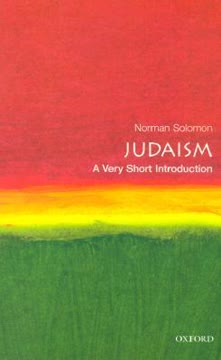
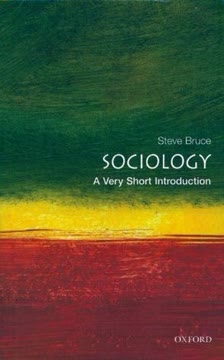
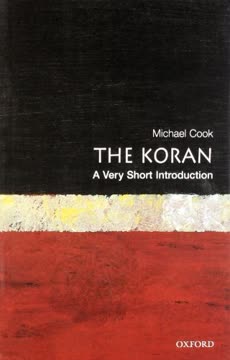
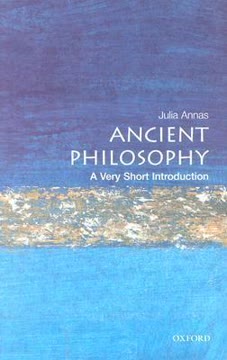
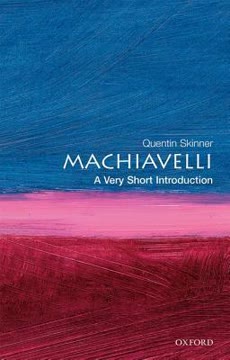
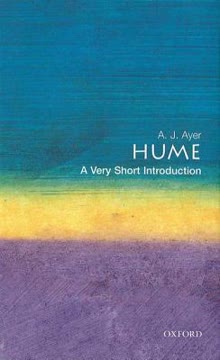

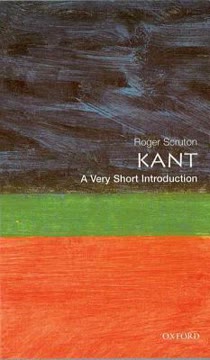

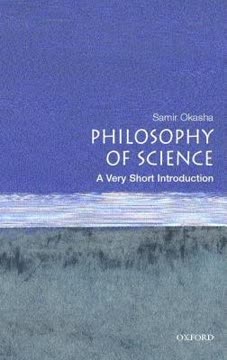
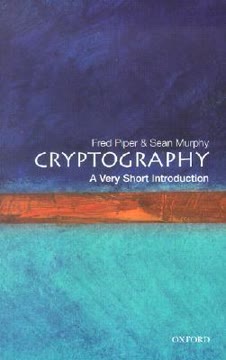
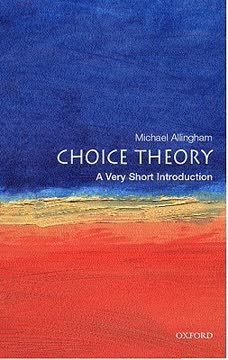
Similar Books
Download PDF
Download EPUB
.epub digital book format is ideal for reading ebooks on phones, tablets, and e-readers.


